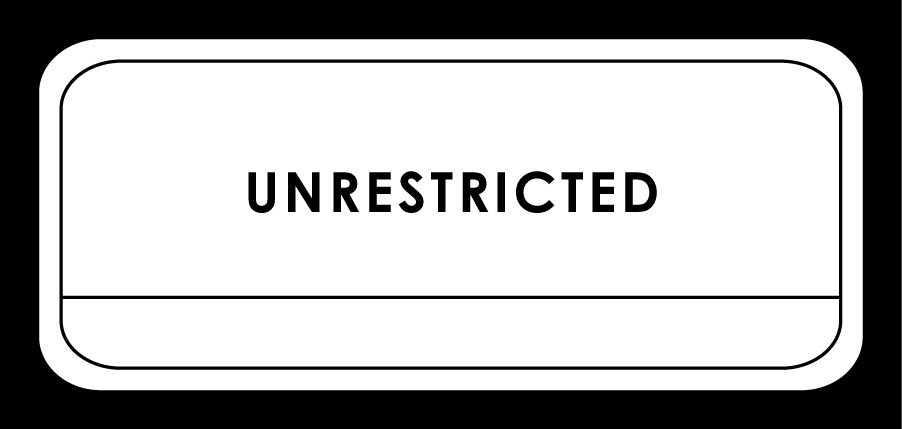
Exploring the Restrictions on Unrestricted Funding: Part III
Knowing my own history with TWI, someone recently asked me for advice. As a non-profit board member, she was struggling with how to handle the anger she often feels when dealing with wealthy donors who make everything about them rather than the people and organization they are donating to. Not an uncommon dilemma of course.
Our conversation got me, once again, thinking about how ego plays out in philanthropy – not just in individual terms, but organizationally as well. Specifically, to what degree does institutional ego contribute to the lack of unrestricted funding?
Perhaps the place to start is to acknowledge that embedded in the question is a judgment: I believe ego does play a significant role in the lack of unrestricted funding. Not all the time by any means, but more than is publicly acknowledged.
Many foundations, understandably, like to take credit for what their giving enables. And for many, it appears that project-based funding fits this need more than unrestricted funding. With projects, it’s easier to distinguish one’s contribution; to point with satisfaction to the fact that our money resulted in such and such happening. It seems more impactful than general operating support, and project-based funding is easier to be boastful about.
I was in a workshop on assessing general operating support a few years back when a funder, sympathetic to the issue, stated, “But our trustees want to know what the foundation’s money is paying for.” Why is that so important? Something about paying to keep the lights on or paying for salaries just doesn’t seem to fill people up in quite the same way. I remember being perplexed at the time – and still am.
For me, the key question is more about how we can contribute to an organization’s mission and success rather than what specifically we can take credit for. And when we as funders ask that question, the first answer invariably is: provide multi-year, unrestricted funding.
I don’t mean to imply that I, or TWI, don’t have egos. We do. It’s just that individually and organizationally our sense of who we are is fed and enriched by listening to what our grantees say they most need, acting on what we hear, and standing shoulder to shoulder with them as they move forward; even if it seems less glamourous than project-based funding.
Other posts in this series:
Restrictions on Unrestricted Funding: An Introduction
Restrictions on Unrestricted Funding: Part II